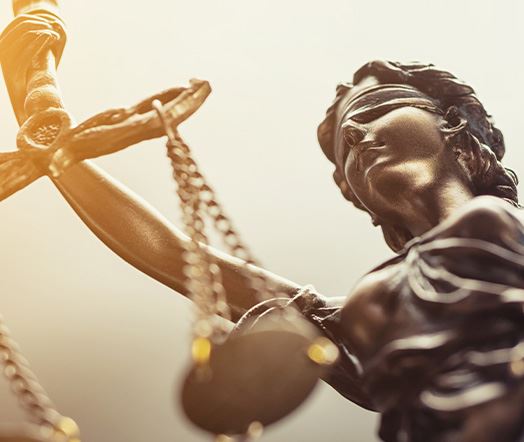In 2012, a 54-year-old man was arrested for DUI in Colorado after crashing his SUV into another car — but that charge wasn't determined on-site. While the suspect was exhibiting disoriented behavior and slurred speech at the time, officers weren't sure whether to chalk it up to drunk driving or simply the impact of the crash itself. After the man was rushed to a local hospital, a separate officer smelled alcohol on his breath, prompting the police to draw a blood sample, whereupon it was discovered that he had been driving at three times the legal blood alcohol content (BAC) limit and was subsequently charged with DUI.
If this case sounds familiar, it's because we first shared it with you back in December — but now we have a follow-up. As we noted then, the controversy behind this arrest was that the 54-year-old's blood was drawn without either his consent (as the man was unconscious at the time) or a judge's order. Effectively, police drew blood to determine intoxication without obtaining permission first. In the years that followed, the case bounced from court to court, with serious implications for both national and Colorado drunk driving laws. If a judge ruled in the police's favor, then law enforcement anywhere in Colorado and even the whole country could theoretically use BAC tests as evidence of drunk driving against a motorist even without their or a judge's permission — an idea that some have blasted as a violation of Fourth Amendment rights.
The appeal has since finally made its way to the Supreme Court, where the nine justices ultimately dismissed the notion that police should be allowed to draw blood from a suspected drunk driver without either the suspect's consent or a judge's warrant. Law enforcement officials had argued for the necessity of needing to draw blood samples from drivers "before blood alcohol levels decrease," which in some cases could elapse before police get a warrant.
However, the Supreme Court stood by a ruling made in 2013 by the Colorado State Supreme Court, which dictated "that authorities must consider several factors and be able to justify why they did not obtain a warrant before drawing blood."
While the dismissal of this appeal means that motorists accused of driving under the influence won't have to fear their blood being drawn without their or a judge's permission, this development also doesn't change what can happen if someone is charged with a DUI in Colorado — namely significant financial fines and court fees, a revoked driver's license and even jail time. If you've been accused of driving drunk, talk to an expert attorney at The Orr Law Firm for the expert legal counsel you need.


